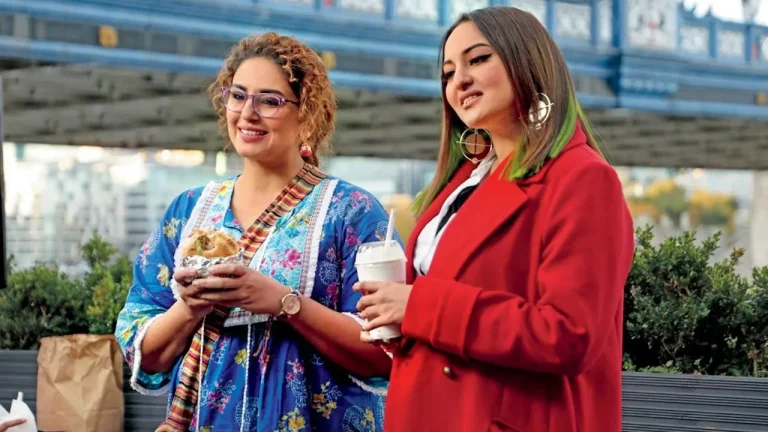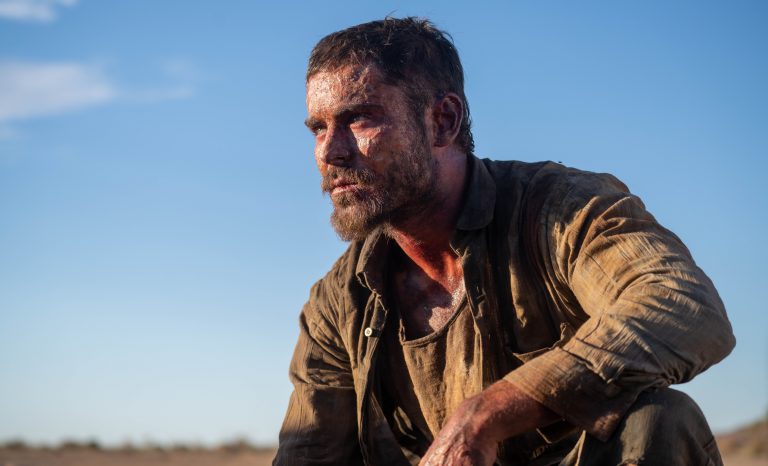Brittany Shyne’s documentary, “Seeds,” offers a closer look into the lives of Black landowners in the Southern American states and sheds light on the issues surrounding their agrarian lives. She documents their routines on farms that their families have owned and maintained for over a hundred years. To them, these aren’t simply plots of land but crucial parts of their identity. Land ownership is in itself a matter of dignity, and it counts even more as a form of self-preservation. It can be a place you can always call your own, regardless of what else your life entails. That, unfortunately, has become increasingly challenging in recent years.
The landowners cannot grow crops without a socio-economic system that not only supports their sustenance on a surface level but also strives for it. They require support from institutions responsible for providing them with the necessary means. Yet, despite laws and regulations, the owners have been struggling to get that support, unlike the white farmers benefiting from it.
The stark disparity driven by racial bias is hard to ignore. Still, instead of taking the necessary steps to enact as per their promises before the elections, the governmental representatives remain busy with mere posturing. It makes these leaders only seem noble and moralistic, even if their reluctance to take any concrete steps makes them unreliable, which leads to their own irrelevance and potential demise.
Shyne addresses the systemic failure mainly through a phone conversation between these farmers and an official, who keeps beating around the bush, regurgitating issues of racial prejudices instead of doing something to break through their oppressive cycle. It exposes the sorry state of affairs in these institutions that seem hopeless, mainly because of their bureaucratic nature, where people are more concerned with maintaining their diplomatic relationships rather than doing the bare minimum, let alone fulfilling their promises.
While the systemic issues make even the democratic leaders sound like a broken tape, their actions or inaction have a far-reaching impact on farmers, who do not always know how or to what degree the policies affect them. That’s where people like Willie Head Jr. come into the picture. A landowner and solitary farmer in Georgia, Willie is also an activist who ensures that their voices get heard.
He also informs local farmers about the potential repercussions of governmental indecision and its effect on their livelihood. While being a pillar of his community and fighting against inequity, he remains a warm-hearted family man who adores his great-grandkids, deeply committed to their satisfaction.

Shyne paints an endearing portrait of Willie’s relationship with his great-granddaughter, Alani, and her toddler brother. While following them in and around the farm, she often keeps her camera focused on Alani’s face, letting her candidly express every bit of annoyance or innocence she wants as Willie reveals his hopes for the land. So, what may seem like a way to lighten up the mood becomes a layered moment of a profound familial concern. Willie’s conscious fight is not simply about his concerns in the present or yielding profits. He wants to preserve the land for his future generations, where they can live unburdened, which lends “Seeds” an allegorical significance.
Recent generations from such families moved out to the northern states, presumably to seek lucrative opportunities and a different lifestyle. However, considering the recent trend of massive layoffs in corporate spaces, especially of racial, gender, and ethnic minorities, their future has become uncertain. So, Willie’s concern feels even more urgent, even if his desire to stay close to his family is likely rooted in emotional reasons.
Shyne addresses these concerns through her stunning black-and-white camerawork in this film that unfolds like a lingering tone poem. It lulls you into its comforting, unhurried pace by showing bits of usual farmwork without any interruption. So, you get sucked into its inherent lyricism, underlined by her striking photographic eye, especially while shooting their faces. It’s a sheer joy to witness her observe these people with genuine curiosity, either as a participant or a fly on the wall, while honoring their beauty through the casual moments of their existence. None of it feels forced or imposed.
While capturing visual textures with her cinematographic skills, Shyne returns to the film’s thematic core frequently through everyday situations in farmers’ lives. She shows the Kenativa-Williams family patriarch facing the brunt of systemic inaction through his visit to an eye doctor. While the land ownership should help him, or any other black landowner, for that matter, to sustain an honorable life, it puts them in an affordability crisis like the rest of the country. Shyne presents their aches as candidly as their simple pleasures, maintaining their disarming tenderness, while also being a call for action through its underlying current of resistance.



![Spider-Man: No Way Home [2021] Review – A Tale of Two Movies At Odds With Each Other](https://79468c92.delivery.rocketcdn.me/wp-content/uploads/2021/12/Spider-Man-No-Way-Home-2021-e1639643826956-768x397.jpg)

![A Spike Lee Joint: Jungle Fever [1991]](https://79468c92.delivery.rocketcdn.me/wp-content/uploads/2018/04/vlcsnap-error616-768x432.jpg)
![Cache [2005]: More Than What Meets The Eye!](https://79468c92.delivery.rocketcdn.me/wp-content/uploads/2017/09/cache-2005-768x432.jpg)

![My Dog Is Sick [2022]: ‘WFF’ Review – A Poignant, Subversive Psychosexual Experience](https://79468c92.delivery.rocketcdn.me/wp-content/uploads/2022/03/My-Dog-is-Sick-1-768x432.jpg)